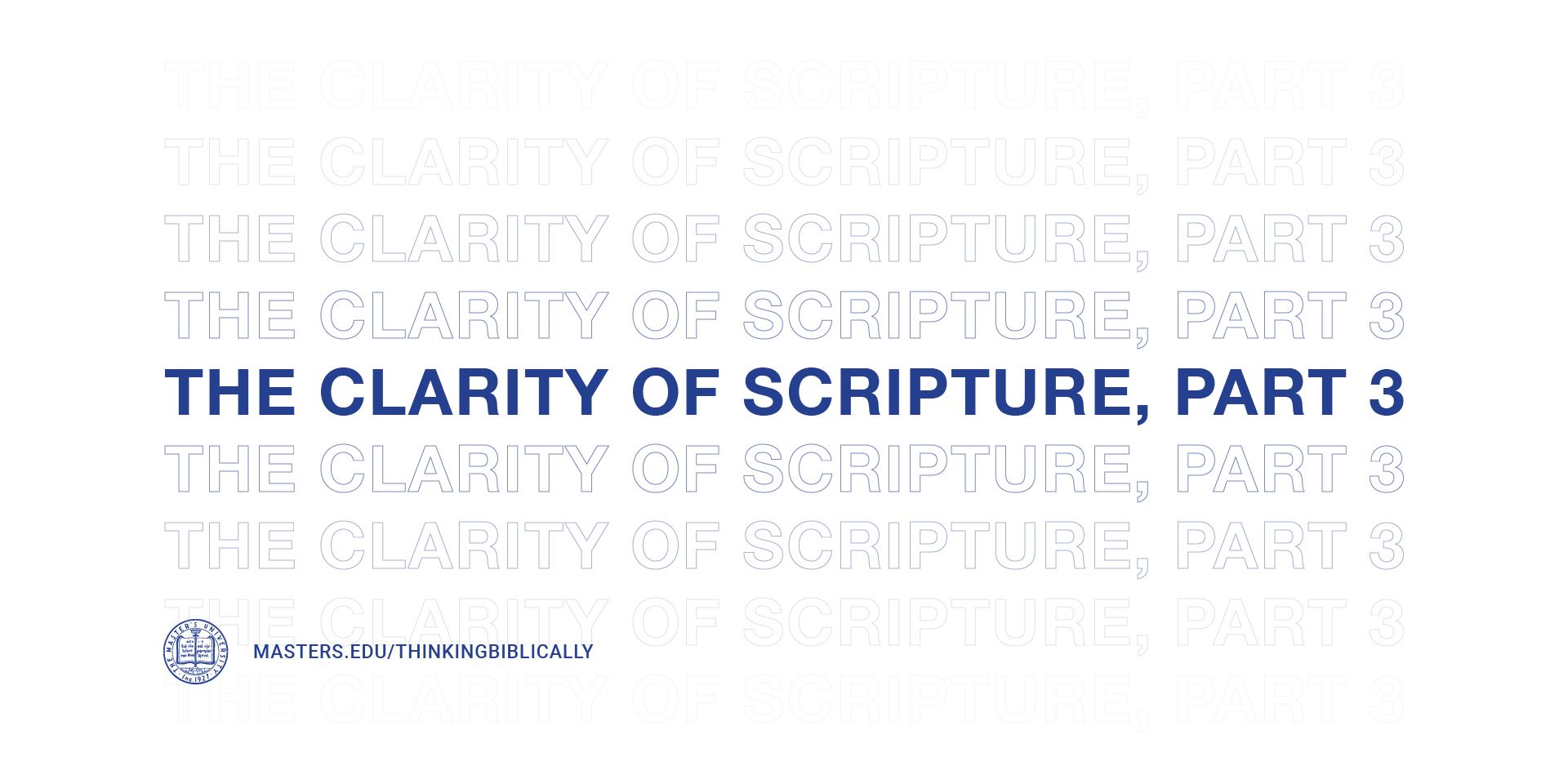
The emergent church dismisses propositional truth statements as a valid way for understanding the Bible. By denying the correspondence theory of truth — and instead embracing the idea that there really is no difference between facts and assumptions — it eventually leads to a place where no objective truth is possible (or at least possible to know definitively), and where any opinion is as good as any other.
In his 1993 book, Revisioning Evangelical Theology, Stanley J. Grenz sets out the premise, in which “we as evangelicals not view theology merely as the restatement of a body of propositional truths” as we engage “in the quest for truth” (p. 79). Because any one understanding of doctrine may be incorrect, as a model of understanding reality, even when “informed by Scripture and by the mileposts of theological history — we must maintain a stance of openness to other models, being aware of the tentativeness and incompleteness of all such systems” (Ibid., p. 84). According to Grenz, propositional truth statements are the outmoded garments of modernism, which — like last year’s clothing styles — desperately need to be discarded.
The problem with evangelical propositionalism is its often under-developed understanding of how the cognitive dimension functions within the larger whole of revelation. Therefore evangelical theologians tend to misunderstand the social nature of theological discourse. More than its advocates have cared to admit, evangelical theology has been the captive of the orientation to the individual knower that has reigned over the Western mindset throughout the modern era. But this orientation is now beginning to lose its grip. Therefore, if our theology is to speak the biblical message in our contemporary situation, we must shed the cloak of modernity and reclaim the more profound community outlook in which the biblical people of God were rooted. (Ibid., p. 73)
While such statements may satisfy postmodern philosophers, they do little to promote any confidence in the clarity of Scripture. In fact, they do exactly the opposite—making room for a type of biblical interpretation in which anyone’s view is as good as anyone else’s. It is this subjectivism, practically speaking, that poses such a serious threat. As Al Mohler rightly observes:
The Emergent movement represented a significant challenge to biblical Christianity. Unwilling to affirm that the Bible contains propositional truths that form the framework for Christian belief, this movement argues that we can have Christian symbolism and substance without those thorny questions of truthfulness that have so vexed the modern mind. The worldview of postmodernism — complete with an epistemology that denies the possibility of or need for propositional truth — affords the movement an opportunity to hop, skip and jump throughout the Bible and the history of Christian thought in order to take whatever pieces they want from one theology and attach them, like doctrinal post-it notes, to whatever picture they would want to draw.
Practically speaking, this system embraces such doctrinal and hermeneutical subjectivism that, essentially, any view is accepted — as long as it shows tolerance to other views within the confines of dialogue. In order to keep the conversation going, this subjectivism begins with a denial that Scripture is clear, and that what it says is authoritative for faith and practice.
This is in keeping with its postmodern premise. The one essential, non-negotiable demand that postmodernism makes of everyone is this: no one is supposed to think he or she knows any objective truth. Because postmodernists often suggest that every opinion should be shown equal respect, it seems (on the surface) to be driven by a broad-minded concern for harmony and tolerance. It all sounds very charitable and altruistic. But what really underlies the postmodernist belief system is an utter intolerance for every worldview that makes any universal truth-claims — particularly biblical Christianity.
This article is adapted from a John MacArthur article from The Master’s Seminary Journal.

The Master’s University and Seminary admit students of any race, color, national and ethnic origin to all the rights, privileges, programs, and activities generally accorded or made available to students at the school. It does not discriminate on the basis of race, color, national and ethnic origin in the administration of its educational policies, admissions policies, scholarship and loan programs, and athletic and other school-administered programs.
21726 Placerita Canyon Road
Santa Clarita, CA 91321
1-800-568-6248
© 2024 The Master’s University Privacy Policy Copyright Info
| Cookie | Duration | Description |
|---|---|---|
| cookielawinfo-checkbox-analytics | 11 months | This cookie is set by GDPR Cookie Consent plugin. The cookie is used to store the user consent for the cookies in the category "Analytics". |
| cookielawinfo-checkbox-functional | 11 months | The cookie is set by GDPR cookie consent to record the user consent for the cookies in the category "Functional". |
| cookielawinfo-checkbox-necessary | 11 months | This cookie is set by GDPR Cookie Consent plugin. The cookies is used to store the user consent for the cookies in the category "Necessary". |
| cookielawinfo-checkbox-others | 11 months | This cookie is set by GDPR Cookie Consent plugin. The cookie is used to store the user consent for the cookies in the category "Other. |
| cookielawinfo-checkbox-performance | 11 months | This cookie is set by GDPR Cookie Consent plugin. The cookie is used to store the user consent for the cookies in the category "Performance". |
| viewed_cookie_policy | 11 months | The cookie is set by the GDPR Cookie Consent plugin and is used to store whether or not user has consented to the use of cookies. It does not store any personal data. |